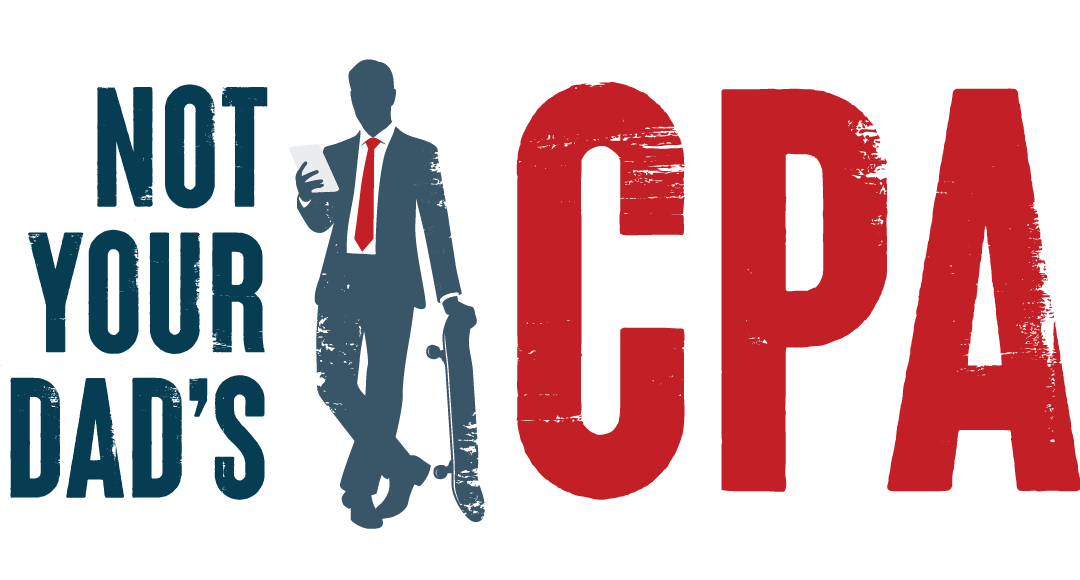Here’s how it usually goes.
You start selling a few things around the house through an online platform such as Amazon, eBay, Poshmark, etc.
Then just for fun, you post a few more items that you picked up from your local thrift store.
The stuff actually starts selling, so you go out and buy more items to post. Before you know it, you have a legitimate growing ecommerce business.
Instead of spending $50 on new inventory, you’re now spending hundreds, or maybe even thousands of dollars on sourcing new items to sell.
Then one day you realize you might actually have to pay taxes on all these sales you’re making.
But you don’t have any accounting or financial records.
You get overwhelmed just thinking about it, so you decide to forget about it and do what you’re good at: selling.
Then tax time comes, and you get overwhelmed again when you remember you still don’t have any accounting or financial records…
And so it goes.
Most people put it off only because they’re not sure where to start.
If you are in a similar situation or are wondering where to start, here are essential steps to get you started.
- Open a separate bank account
- Track your activity
- Keep evidence of your activity
Open a bank account
Opening a separate bank account for your business activity will make your life so much easier.
Running your business transactions through the same account as your personal transactions unnecessarily complicates your life. In order to derive any type of meaningful insights into your profitability (or just to prepare your taxes), you first have to go through every transaction to determine if it’s personal or business.
The next question is often: “Does it need to be a business bank account?”
If you operate as a sole proprietor (that’s what you are by default), since there is no legal separation between you and your business, a separate personal bank account is just fine.
If you operate as a sole proprietor who does business as anything other then your own name, you will need a business bank account in the name of your DBA (“doing business as” is a trade name usually registered through your county)
“Doing business as” generally refers to what name is on your bank account, invoices, receipts, and other legal documents. It doesn’t necessarily have to be the same as your reselling store name. You just need to make sure whatever name is on your official documentation is the name under which you open the bank account.
If you operate as an LLC, you definitely need a separate business bank account. Operating an LLC through a personal bank account (even if it’s separate) would put you at risk of losing the legal protection that an LLC offers.
The point here is to get those business transactions flowing through their own separate bank account. Have all platform payments linked to that account. When you make purchases in person, do so with a card linked to that account.
Doing so will help you simplify and save time.
Keep a record
If you’re still small, having a separate bank account might be sufficient. You could just export all the transactions at the end of the year and use that for your taxes and any personal analysis.
If you are growing or are serious about growing, however, I recommend getting some type of spreadsheet or software that allows you to track your activity and get monthly insights into the profitability of your business.
Some people track everything manually in a spreadsheet.
Many people use bookkeeping software such as QuickBooks.
There is no one-size-fits-all solution. You might have to experiment to see what works for you. It all depends on the volume of your sales activity, what you sell, how many platforms you sell on, where you’re located, etc.
Realize that the purpose of tracking your activity should not be for tax purposes only, although that’s an important one. The main reason you are keeping track is bigger than that. It relates to the bigger picture of why you are selling in the first place.
Many people are putting up some big sales numbers, but sales does not equal profit, and many of them are just assuming profitability. They don’t know for sure because they aren’t keeping track.
Once you start tracking your numbers, you have access to insights that you can use to make decisions that will ultimately help you reach your goals.
Keep documentary evidence
This is where receipts come in.
The IRS generally wants you to have not only a record (something you create such as a log, spreadsheet, or bookkeeping entries), but also some type of documentary evidence that substantiates that record.
An example of documentary evidence could be a receipt, but it doesn’t have to be. It could also be an invoice, a check, a bank statement, etc.
Receipts are often the most accessible form of evidence. If you do decide to stick with receipts, you don’t need to keep physical copies (which fade after time anyway).
Download a receipt scanning app (such as Scannable or Scanbot) to your smart phone, and use it to keep digital copies. You will most likely never need them again, but it’s a good idea to keep them in some type of organized digital format.
Focus on the future
Depending on where you are in your reselling journey, the size of your bookkeeping and tax mess will vary.
There may not me much value in trying to go back to prior years to organize everything, although every circumstance will vary, so it’s always helpful to consult with a CPA before making any rash decisions.
It’s often best to start where you are and follow the above steps going forward.
Take it one step at a time, and once you have these in place, you’ll be ready to take your online selling business to the next level.
For more information on additional steps to get your reselling business in order, check out the Reseller Finance eBook.


Great stuff Mark! As a starting reseller, I know that yard sales and garage sales are a great place to source. However, items are more than likely paid for in cash. What is a good way to track those cash purchases with no receipt? Would the IRS accept a dated log book?
In that case, a log book may be the best you can do. Something that lists the date, item, price, location, etc. The more detail you have, the better substantiated the transaction will be. If it’s something less than $75, there’s not much to worry about. If it’s something really expensive, it might be worth getting the seller to sign a receipt that you create, but that’s just a precaution.
This article is helpful for how to move forward, but how do you retroactively account for inventory you’ve already bought/sold but haven’t tracked? For example, how would you estimate your cost of goods sold at year-end if you hadn’t been tracking all the necessary details before? Obviously not ideal, but as you point out, some things grow before you have everything in place…
That really depends on a lot of factors. The most I’ll say is to use your best guess. It’s really case by case. If you estimate to high or too low, it will eventually even out over time.
Very helpful website … thank you! I have a single eBay account. How would you recommend separating personal items that sell on eBay from those we purchase to resell? We are almost always losing money on those personal sales. And making a profit on things we buy?! Makes tax time awful!
Do you need to keep track of every individual bought and then sold or can you take your sold amount and deduct from your whole inventory purchase amount for the year?
Yes for tax purposes as long as you have the total cost of goods sold you can use that, and reduce your inventory balance by that amount.